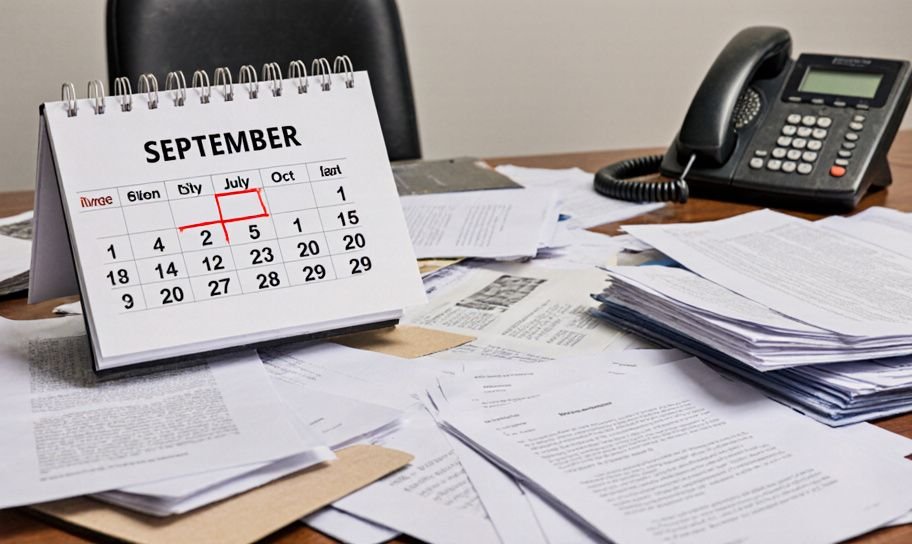
The Delhi High Court has turned down an appeal by the Delhi Building and Other Construction Workers Welfare Board, who attempted to submit a late written response in a case against Mahanagar Delhi Bhawan Evam Anya Sanniraman Mazdoor Sangh. The court was not convinced by their reasons for the delay and fined them.
The Delhi Building and Other Construction Workers Welfare Board received court notifications on July 1, 2019, but they only submitted their written response on October 27, 2021. This was well past the 90-day deadline, which ended on September 30, 2019. They tried to get an extension for the delay, but the court refused.
The Welfare Board blamed their former lawyer for not giving back files and claimed that the COVID-19 pandemic caused delays. However, they admitted that the files were actually returned, and the pandemic began after their deadline had already passed. The court noted that as a government body, they should have handled things better.
Justice Girish Kathpalia referred to earlier Supreme Court decisions, emphasizing that extensions beyond 90 days should be rare and well-explained. The court also pointed out that the Welfare Board didn't take any action against their former lawyer, which weakened their case.
"The person involved in the case has a duty to watch over their rights," the court reminded, adding that the Board couldn't just blame their lawyer.
The court expressed frustration with government bodies for often delaying legal processes. It imposed a Rs. 10,000 fine on the Welfare Board for their negligence, to be paid to Mahanagar Delhi Bhawan Evam Anya Sanniraman Mazdoor Sangh within two weeks. The court also suggested taking this amount from the salaries of the officials responsible for the delay.
The court ordered that the trial proceedings be sped up, as they had been previously paused. This decision serves as a reminder that deadlines in legal processes are important, and excuses without strong support won't easily change the court's mind.
Justice Kathpalia concluded the judgment on November 13, 2025, emphasizing the need for responsibility and efficiency in legal proceedings, especially from government entities.